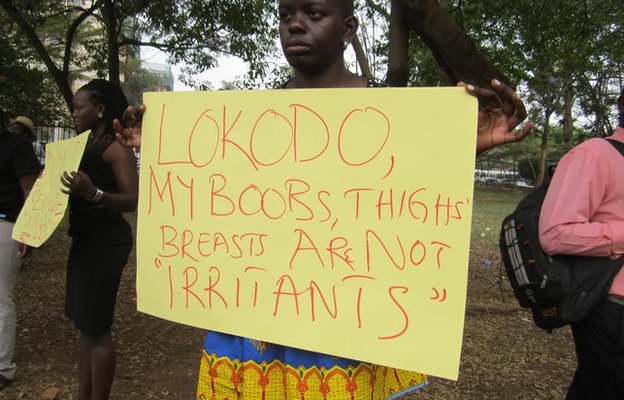By Brian Lanciault
Impunity Watch Reporter, Asia
BEIJING, China–Security officials in China’s far western borderlands have formally arrested a scholar and hero of the country’s ethnic Uighurs on charges of provoking separatism.

Authorities have confirmed that the scholar, Ilham Tohti, was being held in Urumqi, the capital of the Xinjiang Uighur Autonomous Region, which is about 2,000 miles from Mr. Tohti’s home in Beijing.
The detention has been anticipated for some time, but the formal arrest of Mr. Tohti underscores the government’s determination to silence one of the few moderate voices for China’s beleaguered Uighurs, a predominantly Sunni Muslim people who speak a Turkic language.
An economics professor in Beijing, Mr. Tohti, 44, was an outspoken but careful critic of Chinese policies in Xinjian. The energy-rich region that adjoins several Central Asian nations is a bit of a geopolitical minefield. Tensions between Uighurs and Chinese security forces have turned increasingly more volatile, with almost weekly clashes that in recent months have taken more than 100 lives.
Security officials said Mr. Tohti had contributed to increasing such tensions through his classroom lectures and writings, a charge rejected by his supporters.
“The accusations are baseless,” said his lawyer, Li Fangping.
Mr. Tohti’s wife, Guzaili Nu’er, said her husband’s life was an open book, largely because his every word — like his movements — was closely monitored by the authorities. “He is a sensible, educated man who just studied human rights, culture and religion in Xinjiang,” she said. “A separatist? Now that’s beyond the pale.”
Speaking from Urumqi, Mr. Li said he had been unable to see Mr. Tohti, who has been held in isolation since the police raided his Beijing apartment six weeks ago. Security officials in Xinjiang on Wednesday did not respond to inquiries from reporters.
Even in China’s highly politicized judicial system, where political offenders almost never prevail in court, charges of separatism are notoriously and especially difficult to defend, experts say.
Under Chinese law, the mere highlighting of ethnic problems in places like Xinjiang and Tibet can be deemed as threats to national unity because the state refuses to acknowledge that such frictions exist.
Nicholas Bequelin, a senior researcher at Human Rights Watch in Hong Kong, said Mr. Tohti was widely known for his advocacy of Uighur rights and autonomy — guarantees enshrined in the Chinese Constitution — but never advocated independence for China’s 10 million Uighurs.
“In the eyes of the authorities, if you are flagging legitimate problems with policies in the region, you are essentially raising the dissatisfaction level of the people who are subjected to these policies,” Mr. Bequelin said. “It’s not a legal test but a political test. There is no defense.”
The penalties range from 10 years to death.
For more information, please see:
Al Jazeera–China charges Uighur academic with separatism–25 February 2014
New York Times–China Charges Scholar With Fomenting Separatism–26 February 2014
UNPO–East Turkestan: Tensions Over Arbitrary Detention of Ilham Tohti–26 February 2014
Voice of America–Uighur Group Slams China’s Charges Against Intellectuals–26 Feburary 2014



